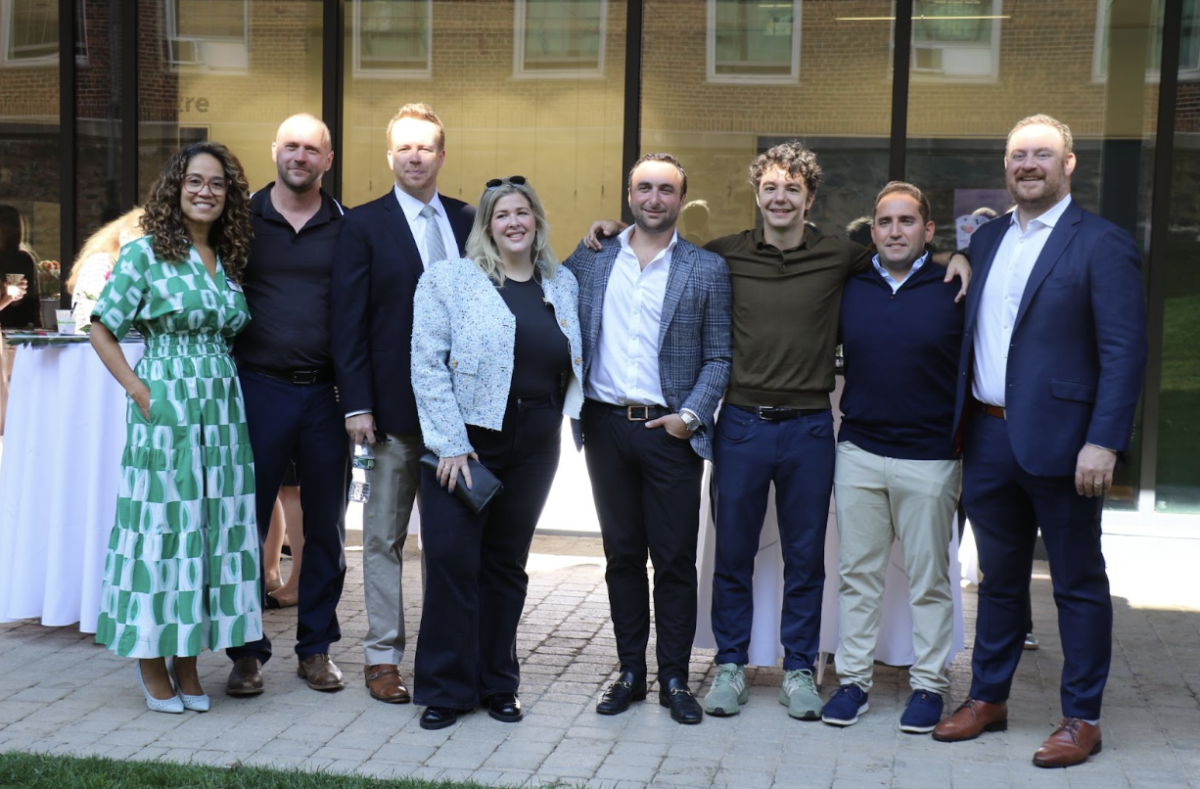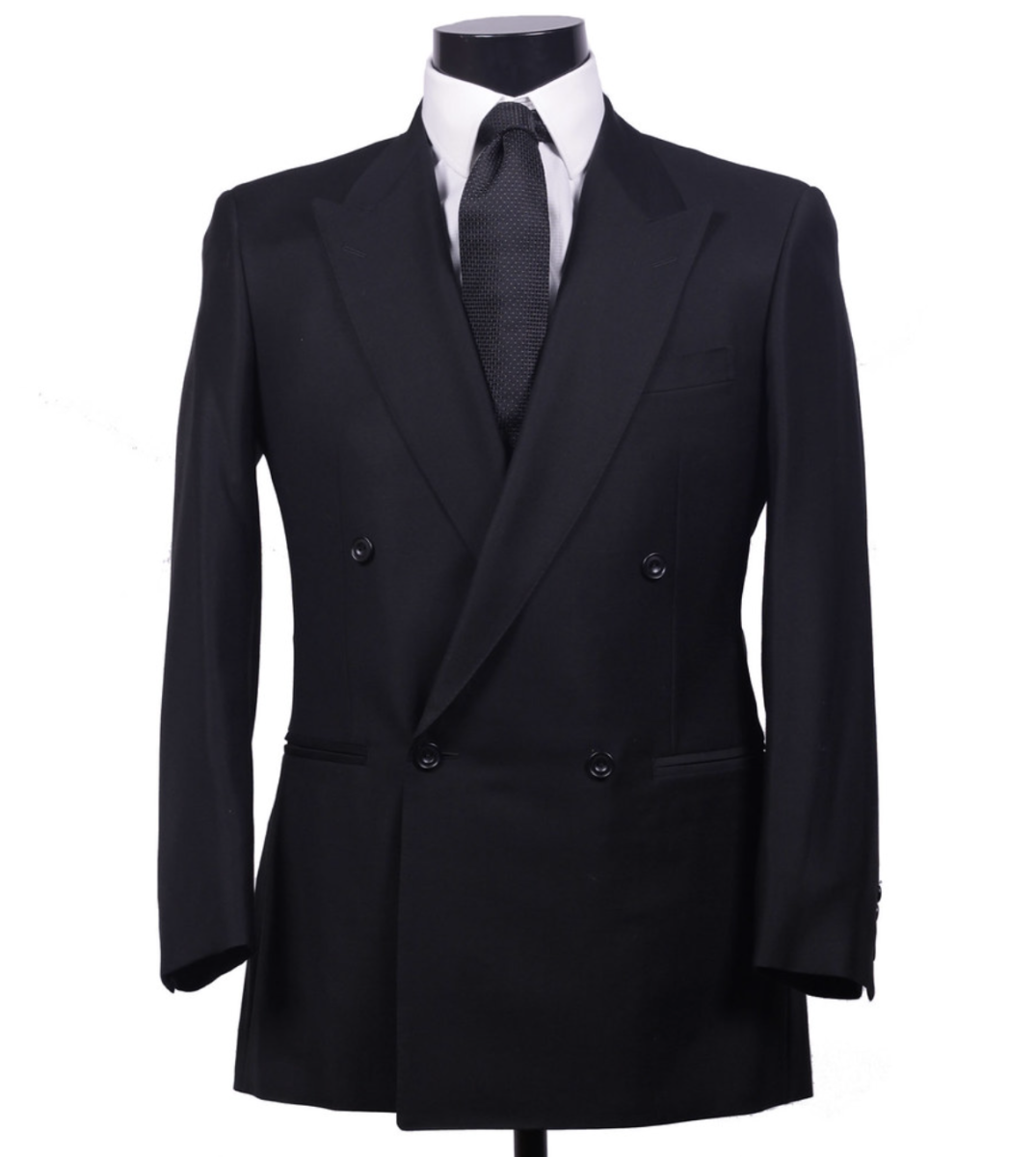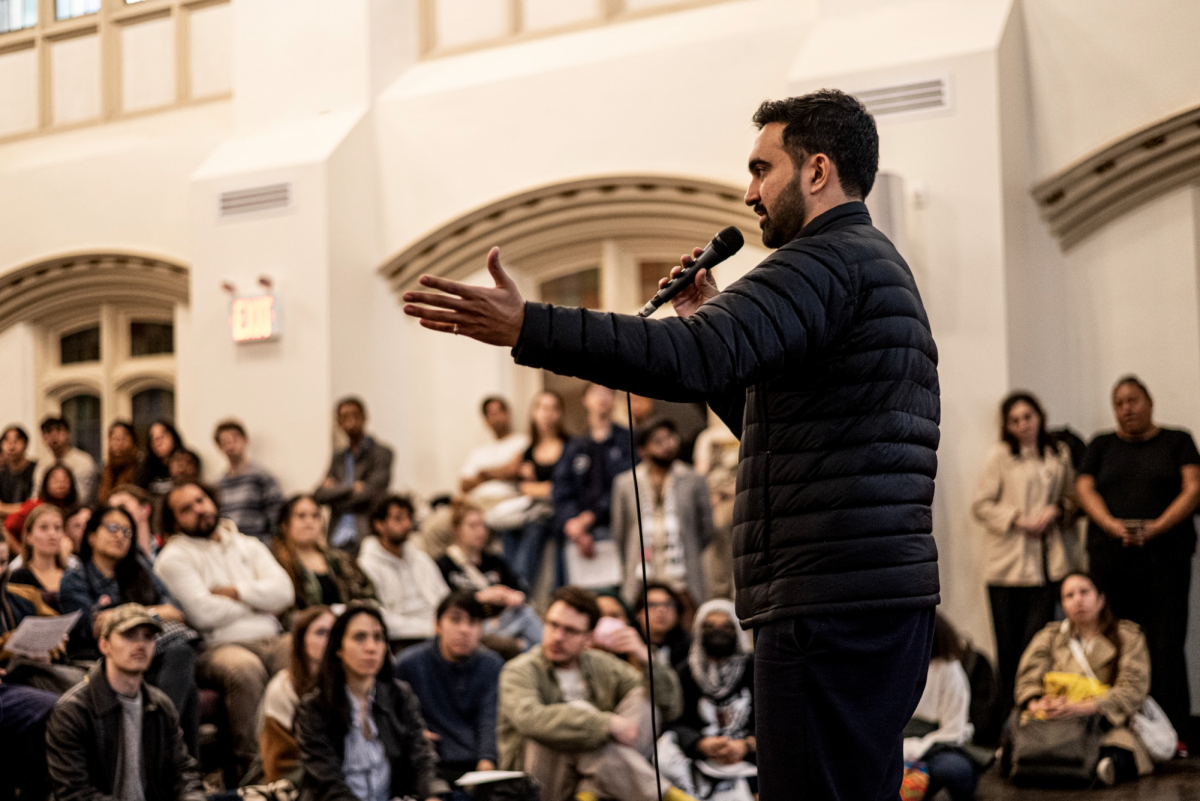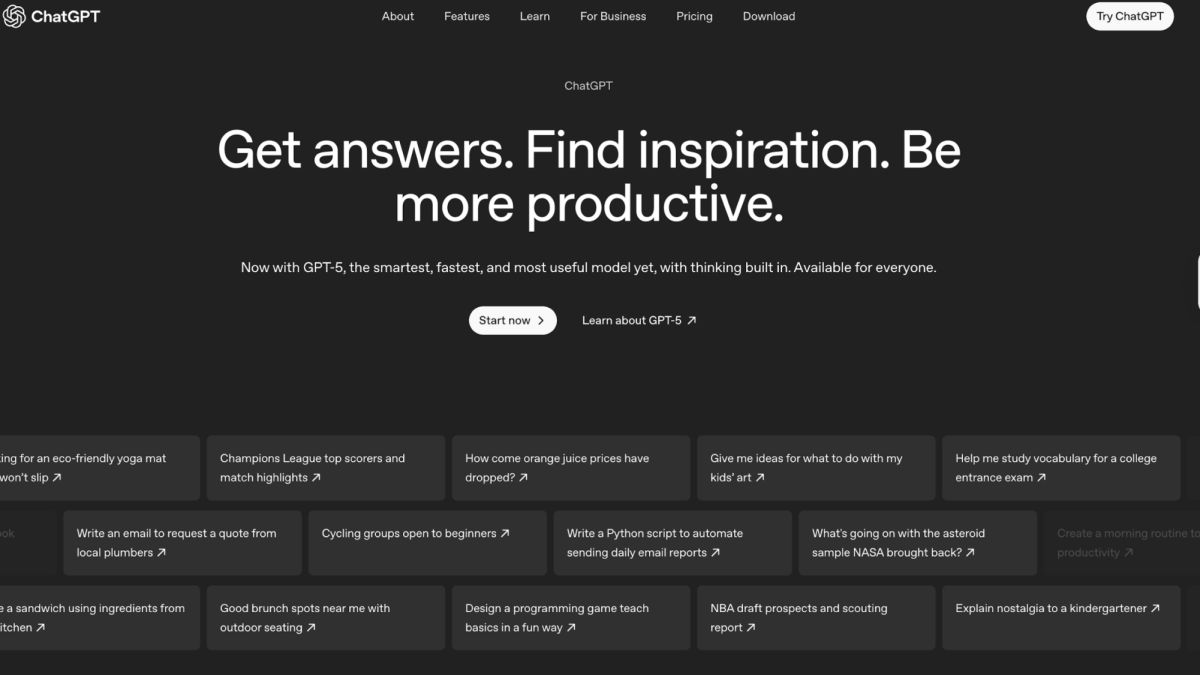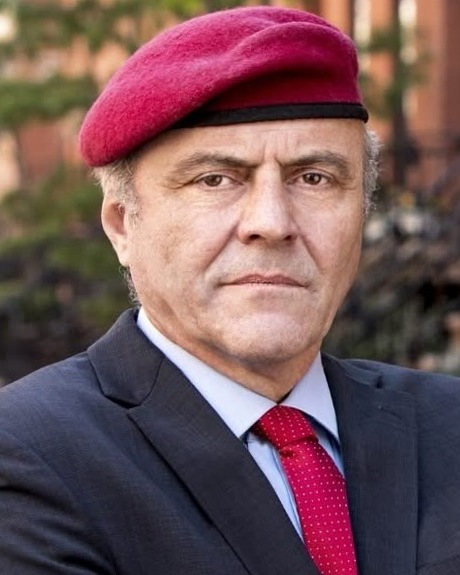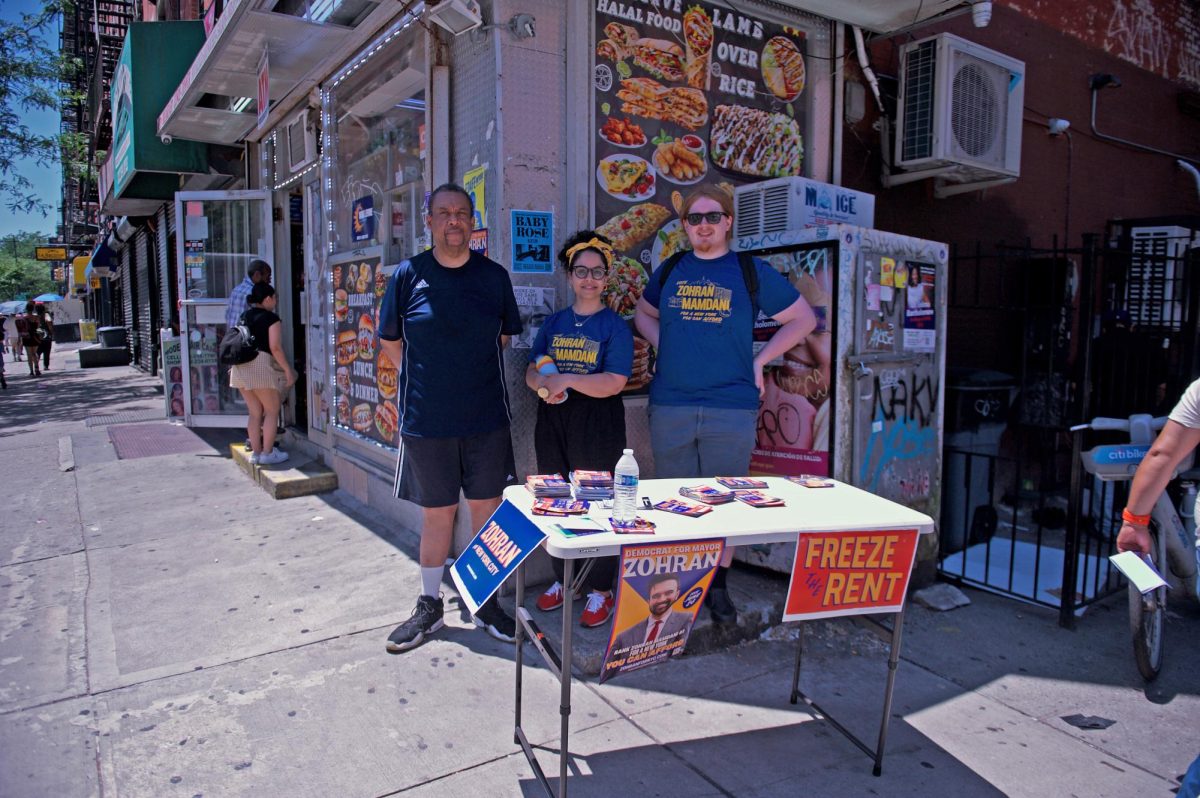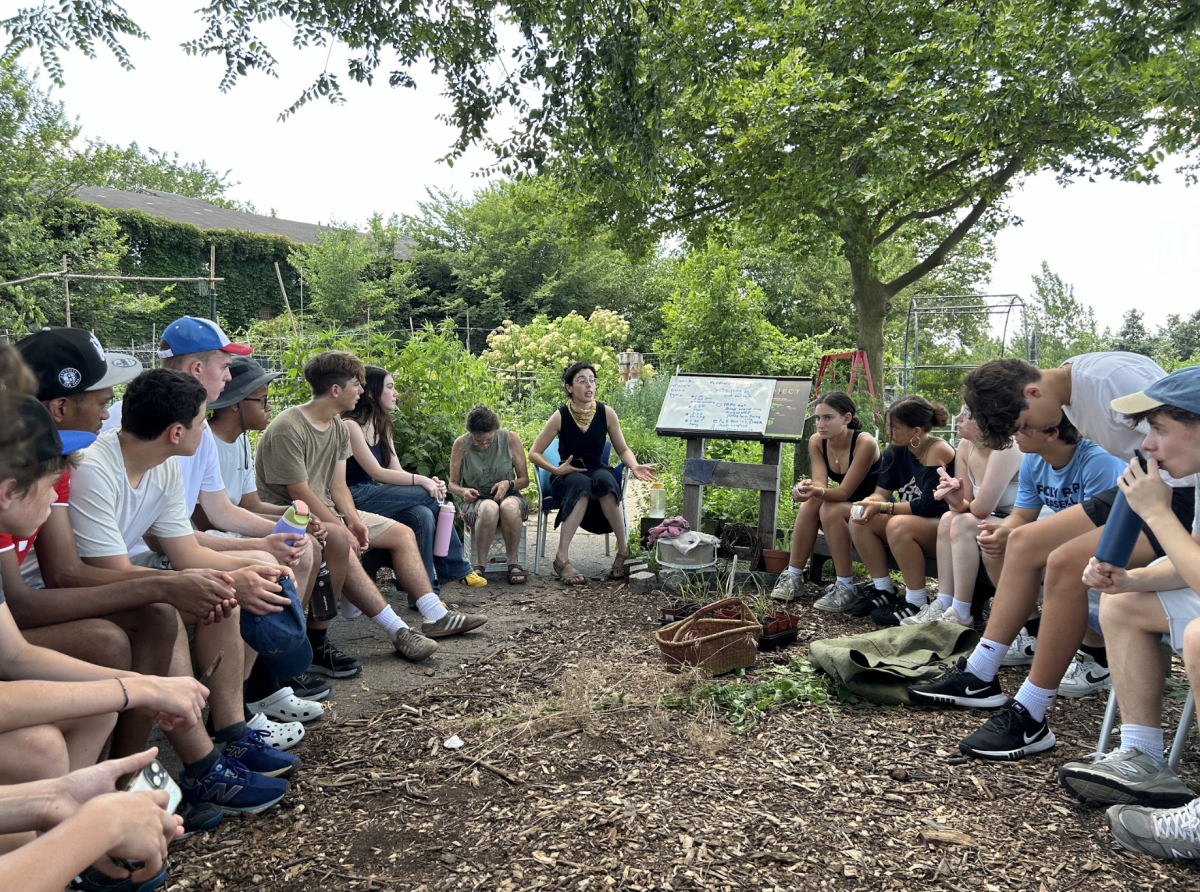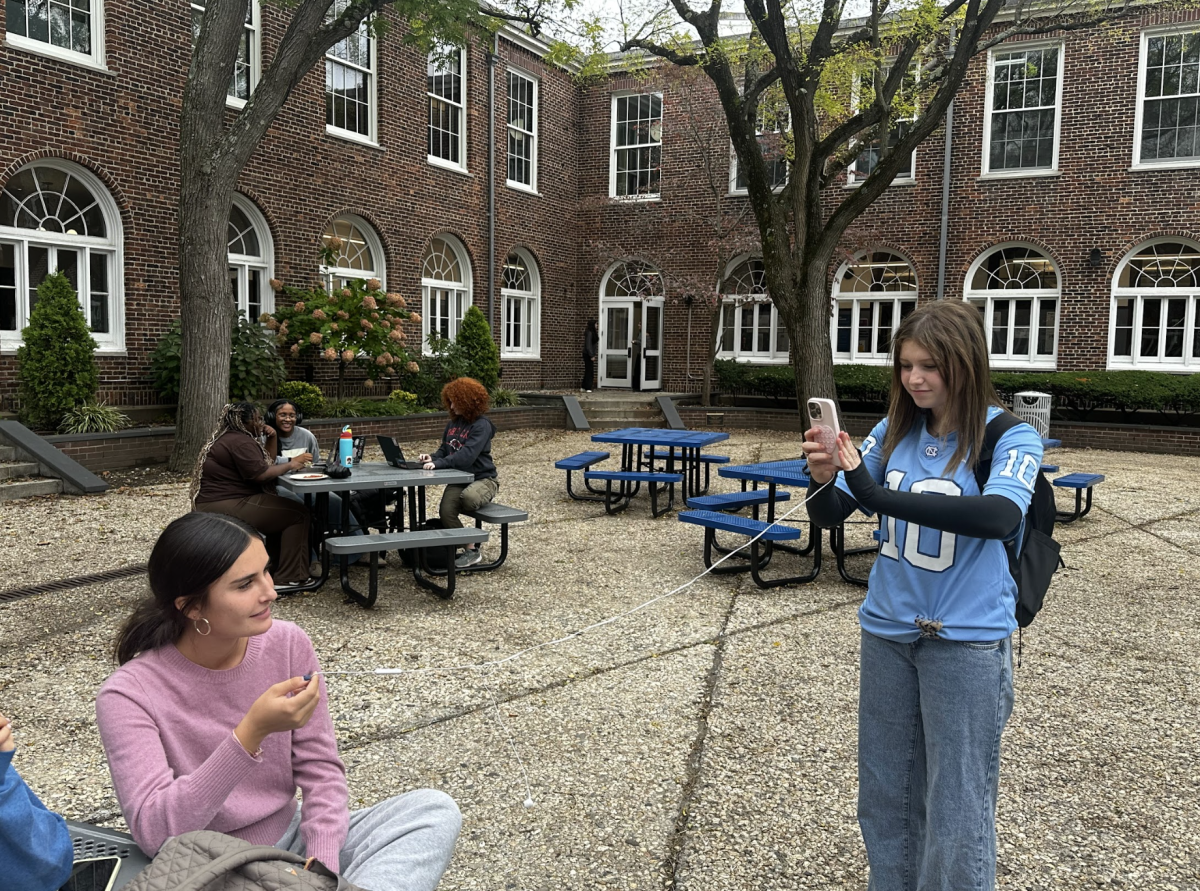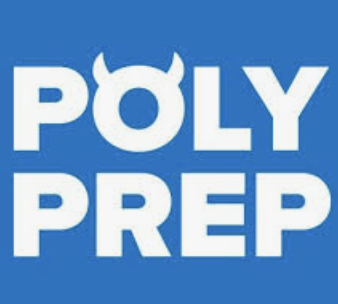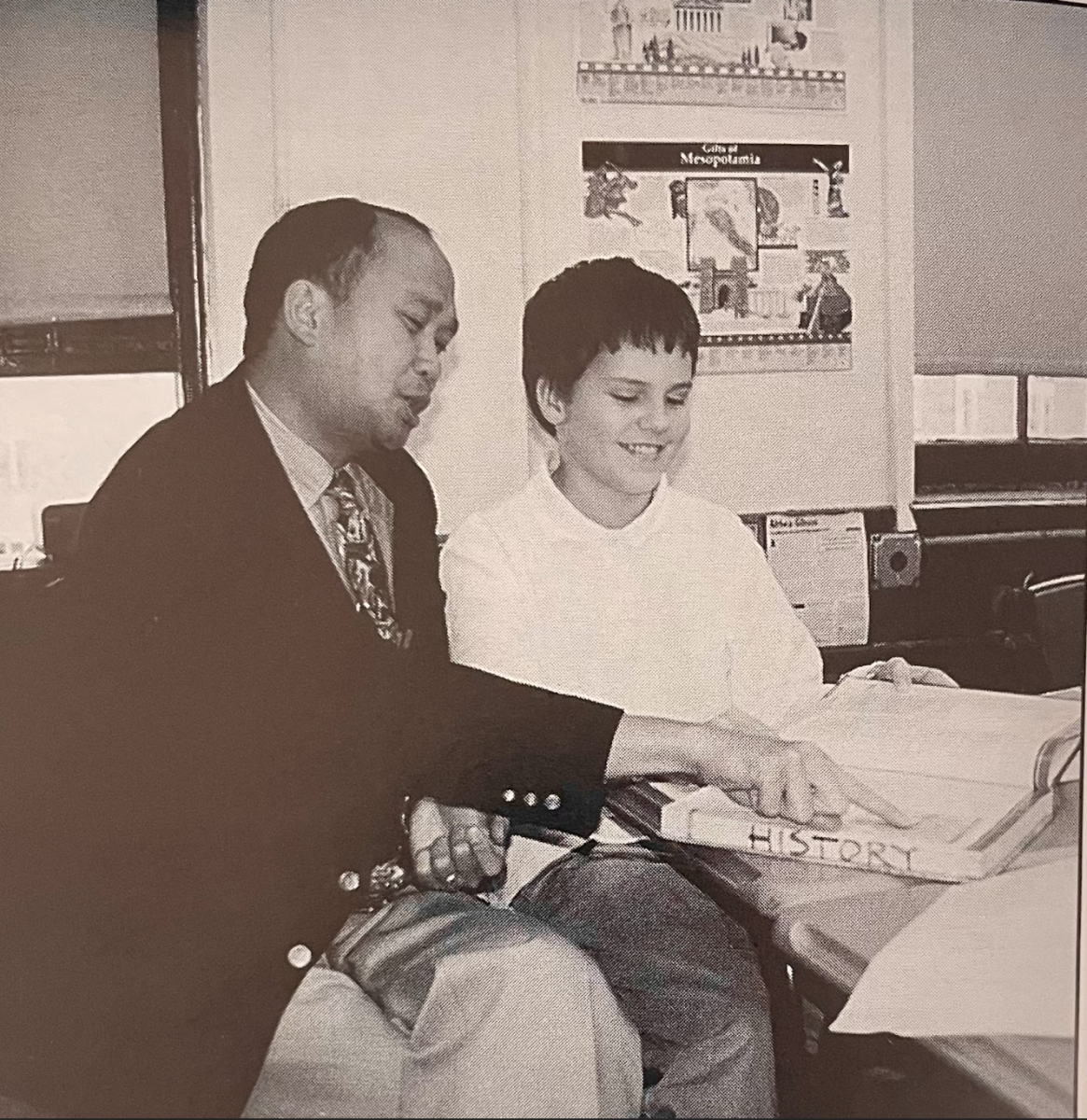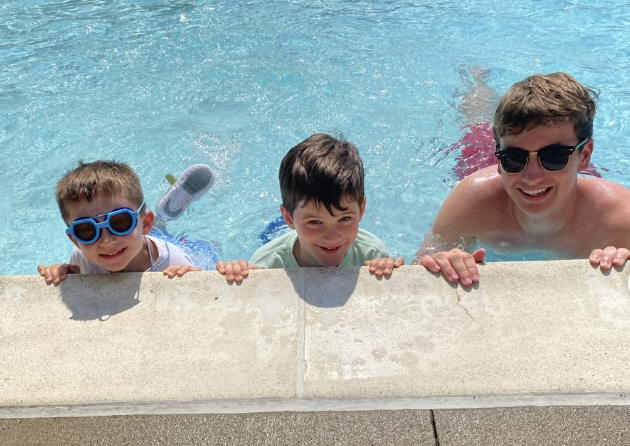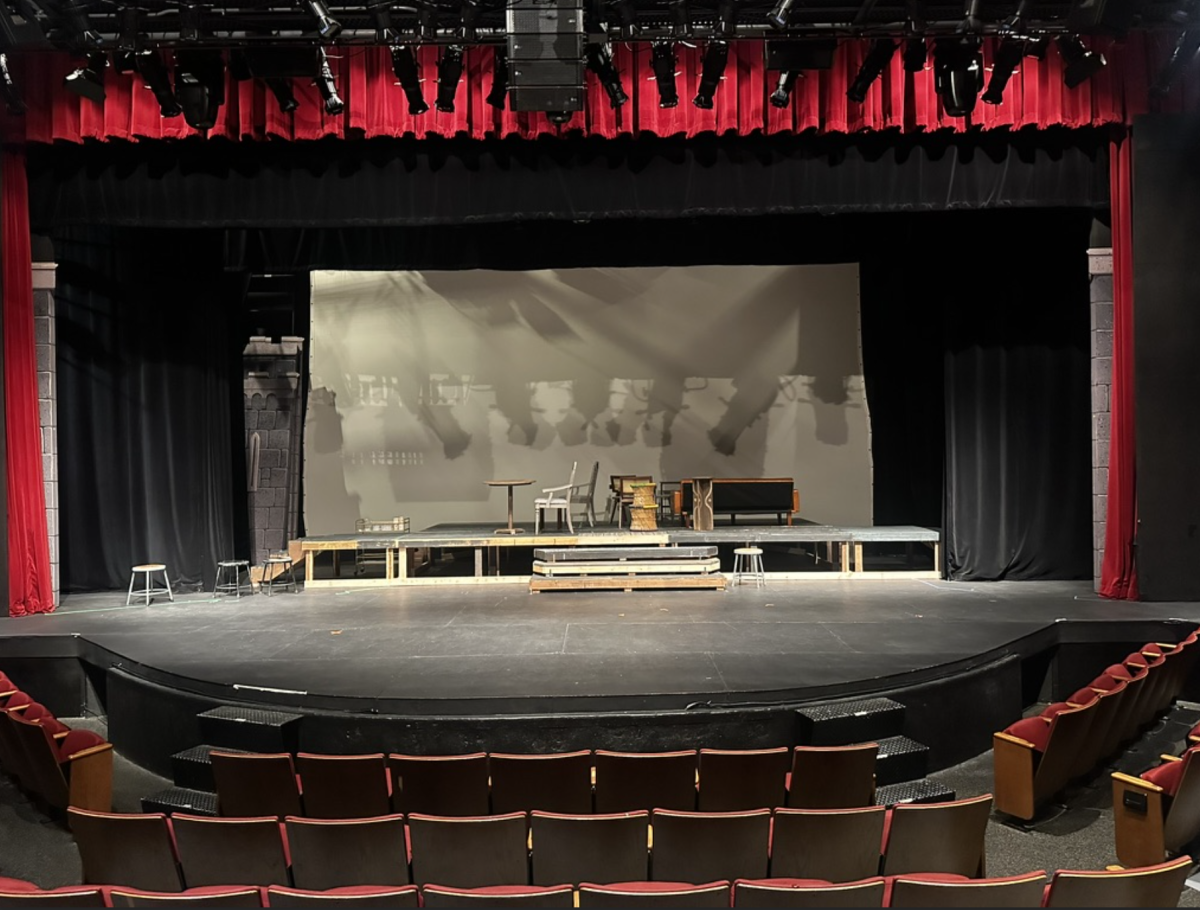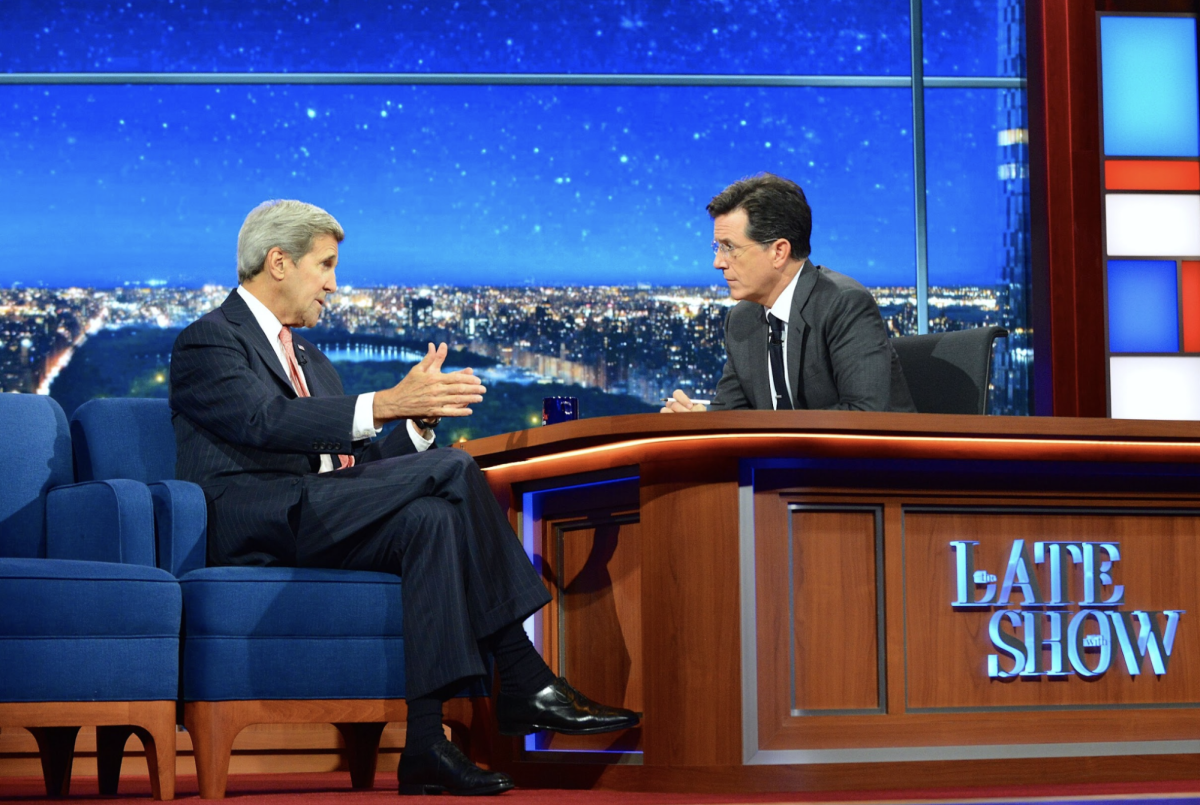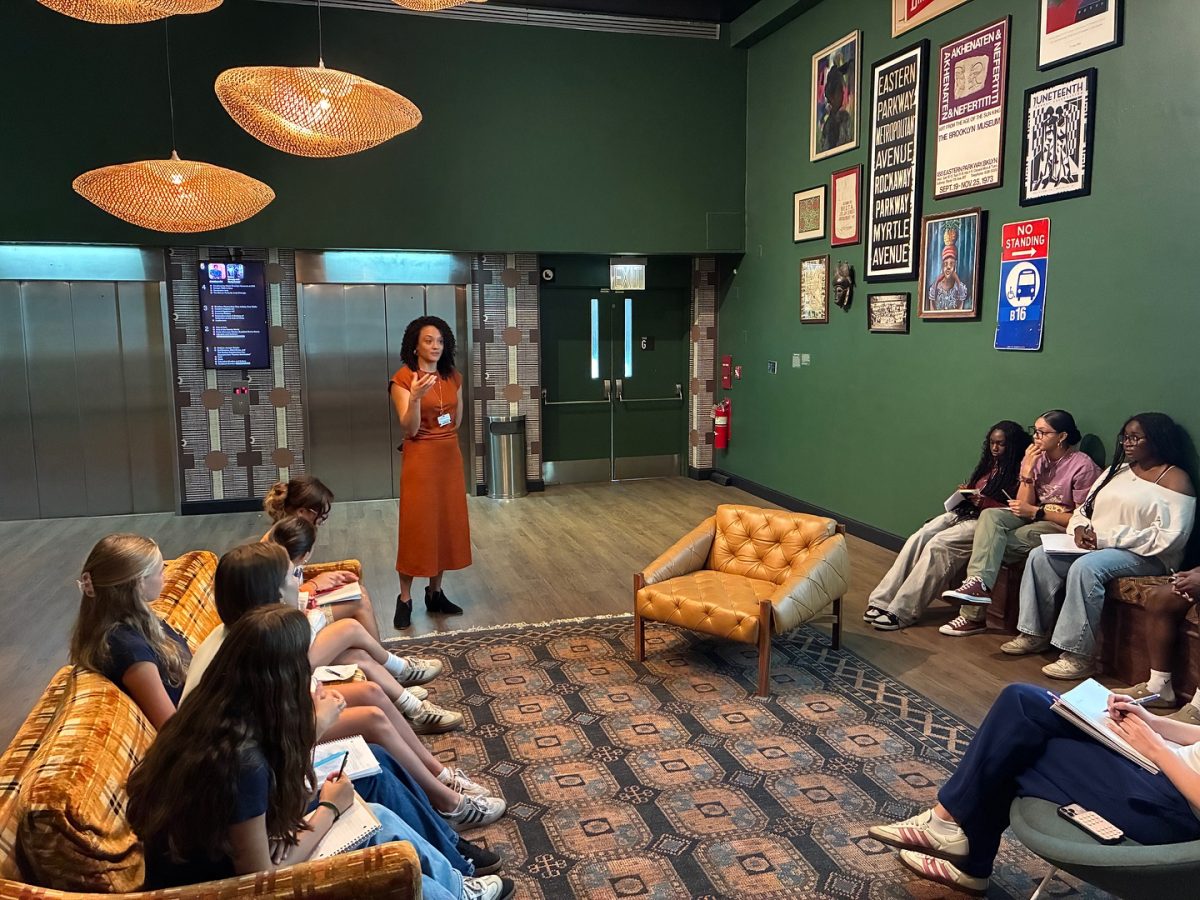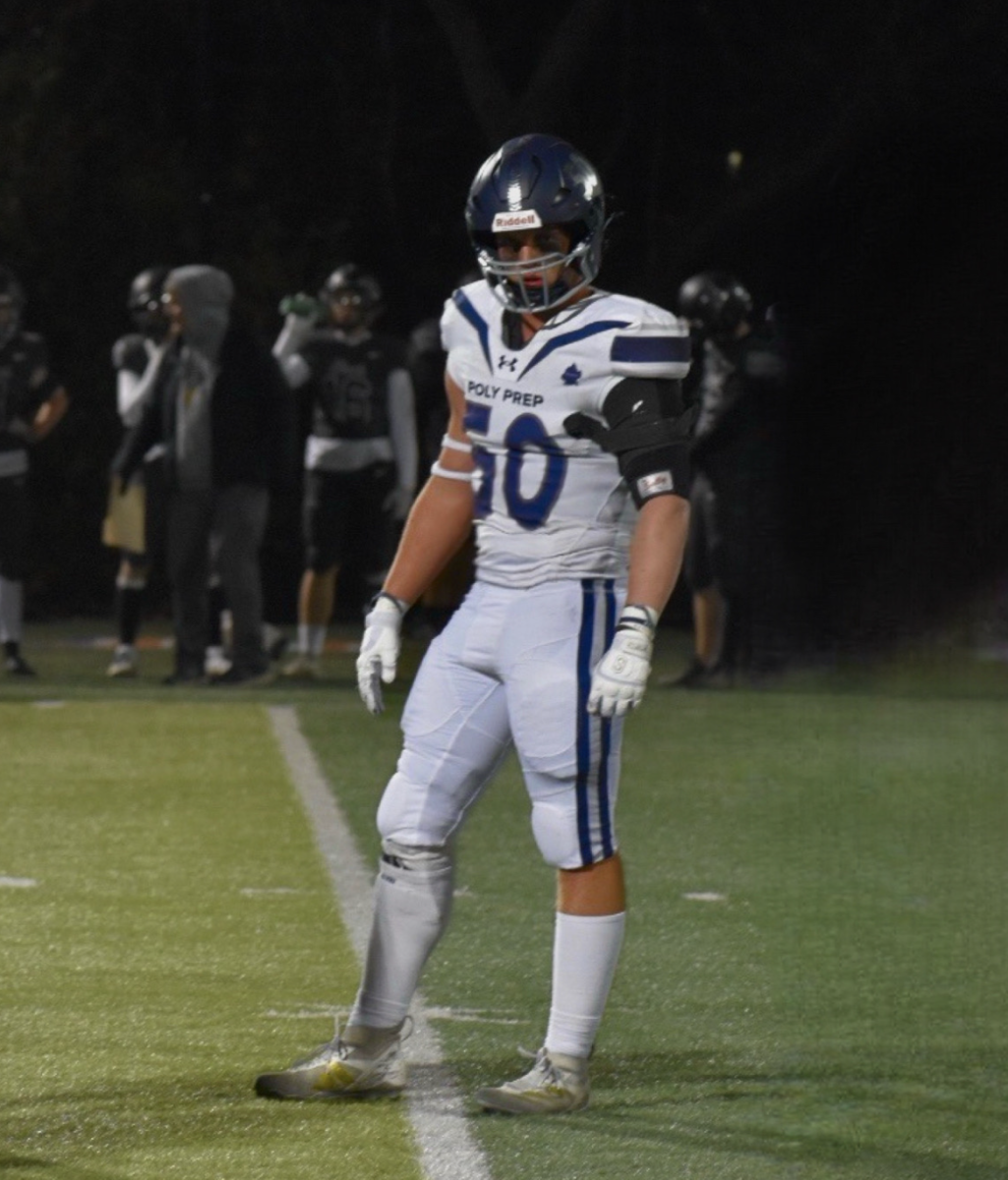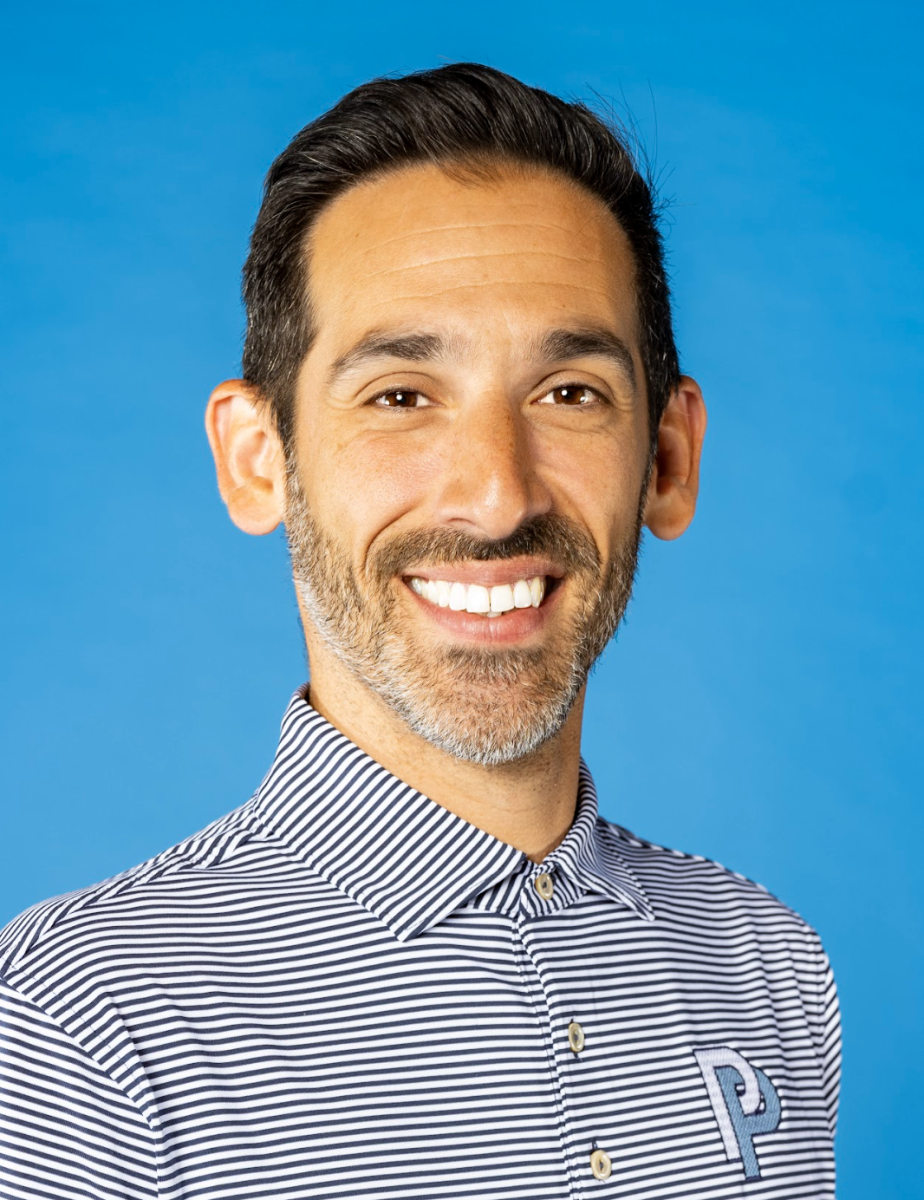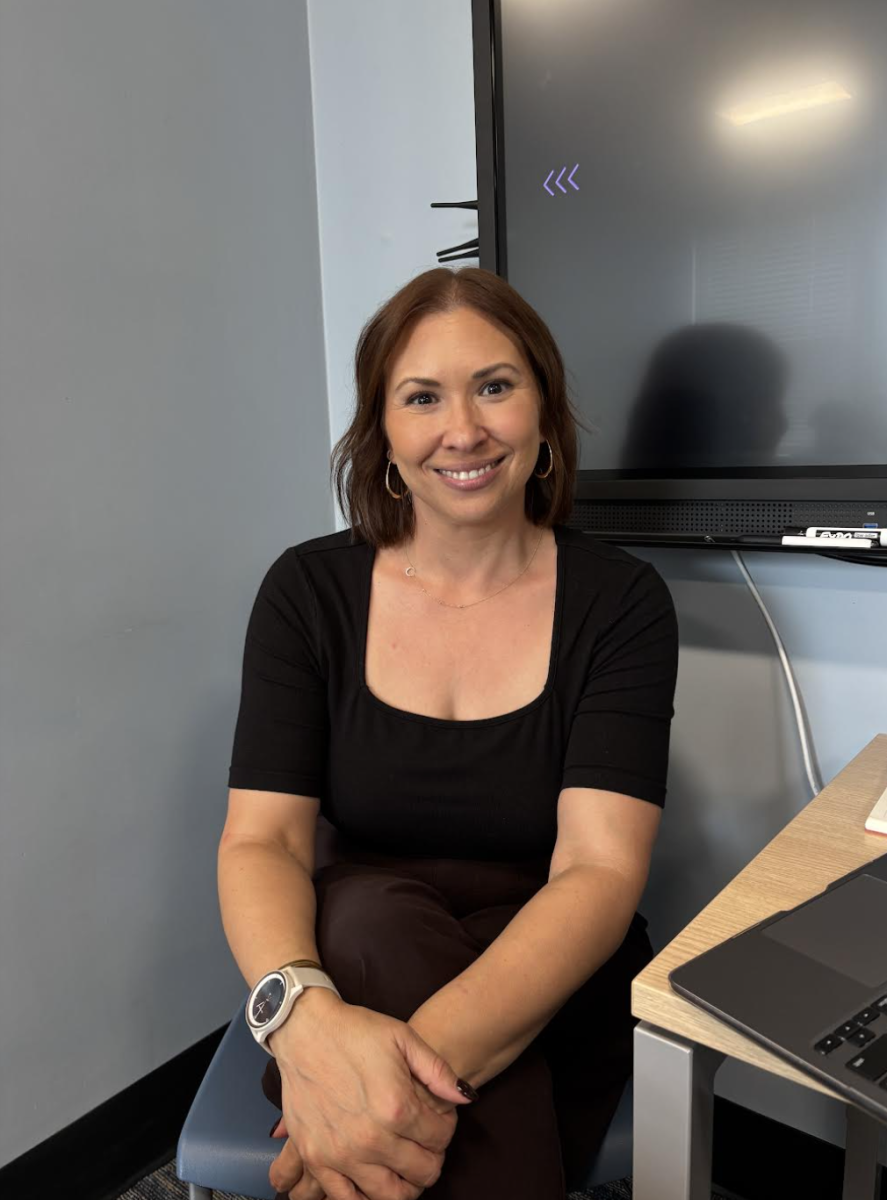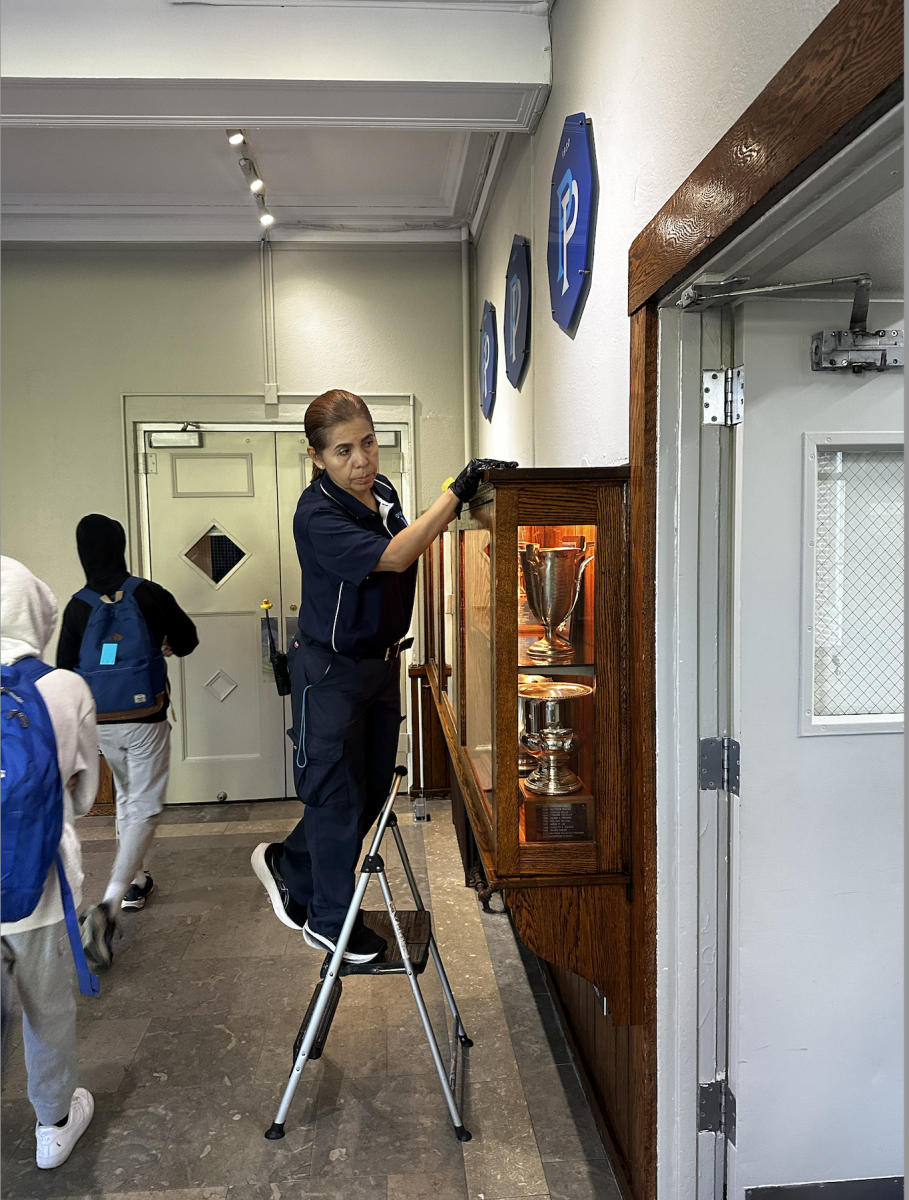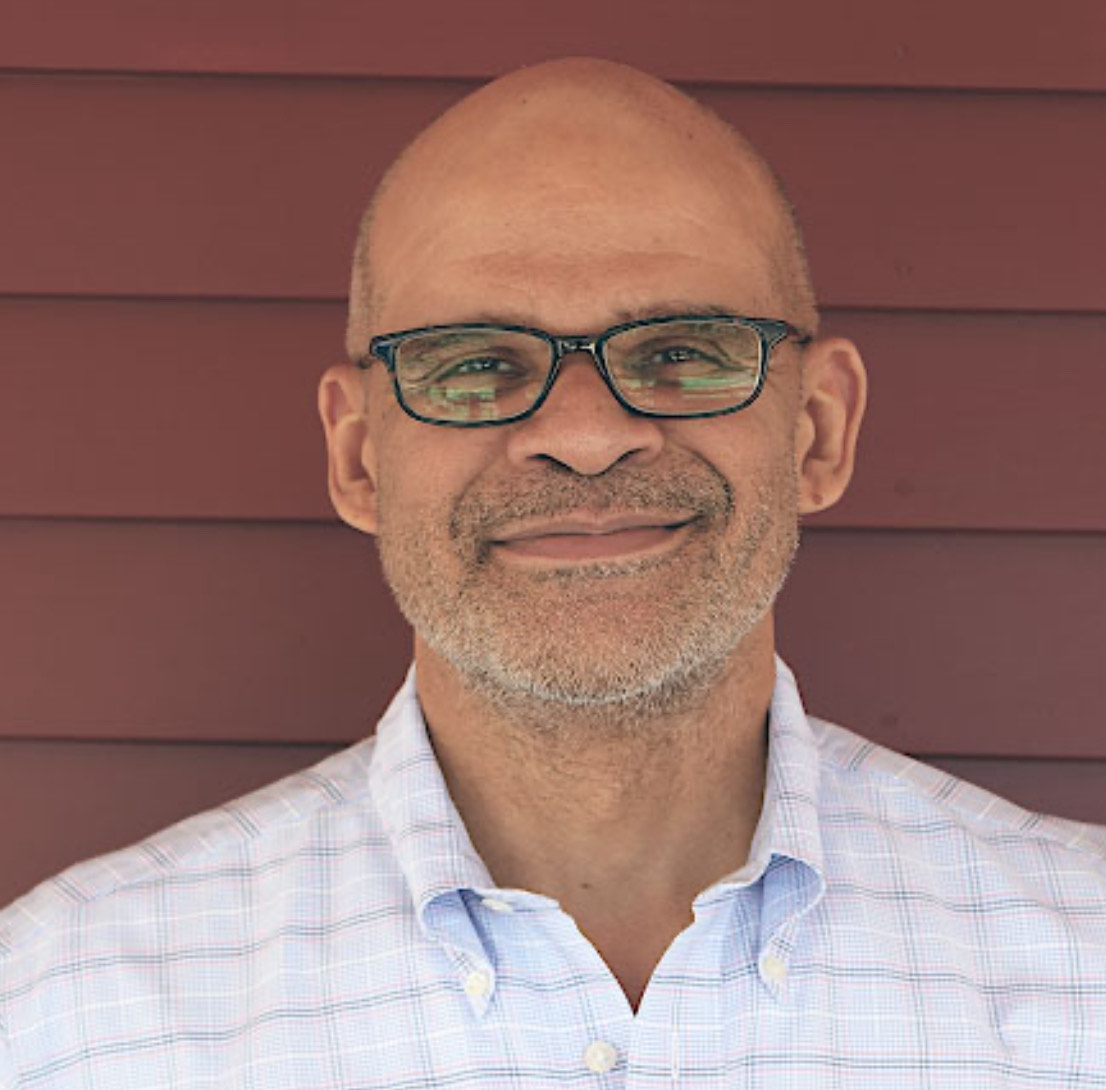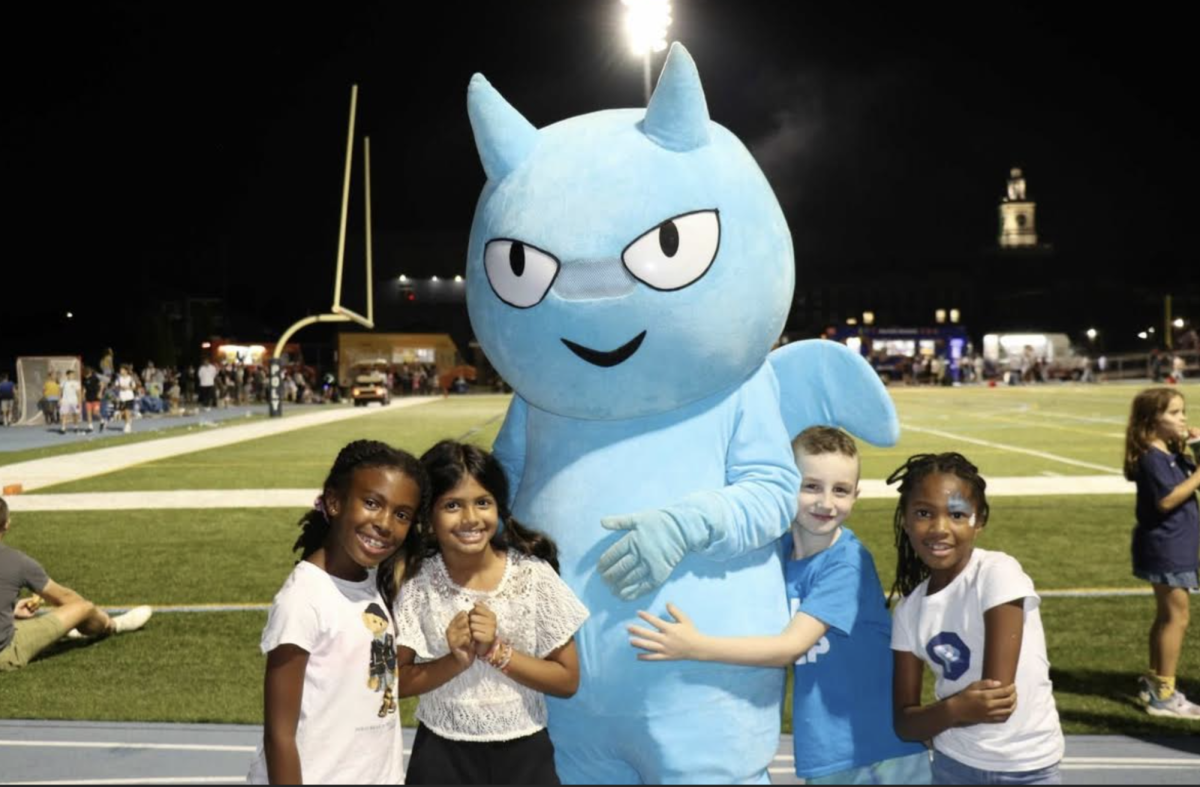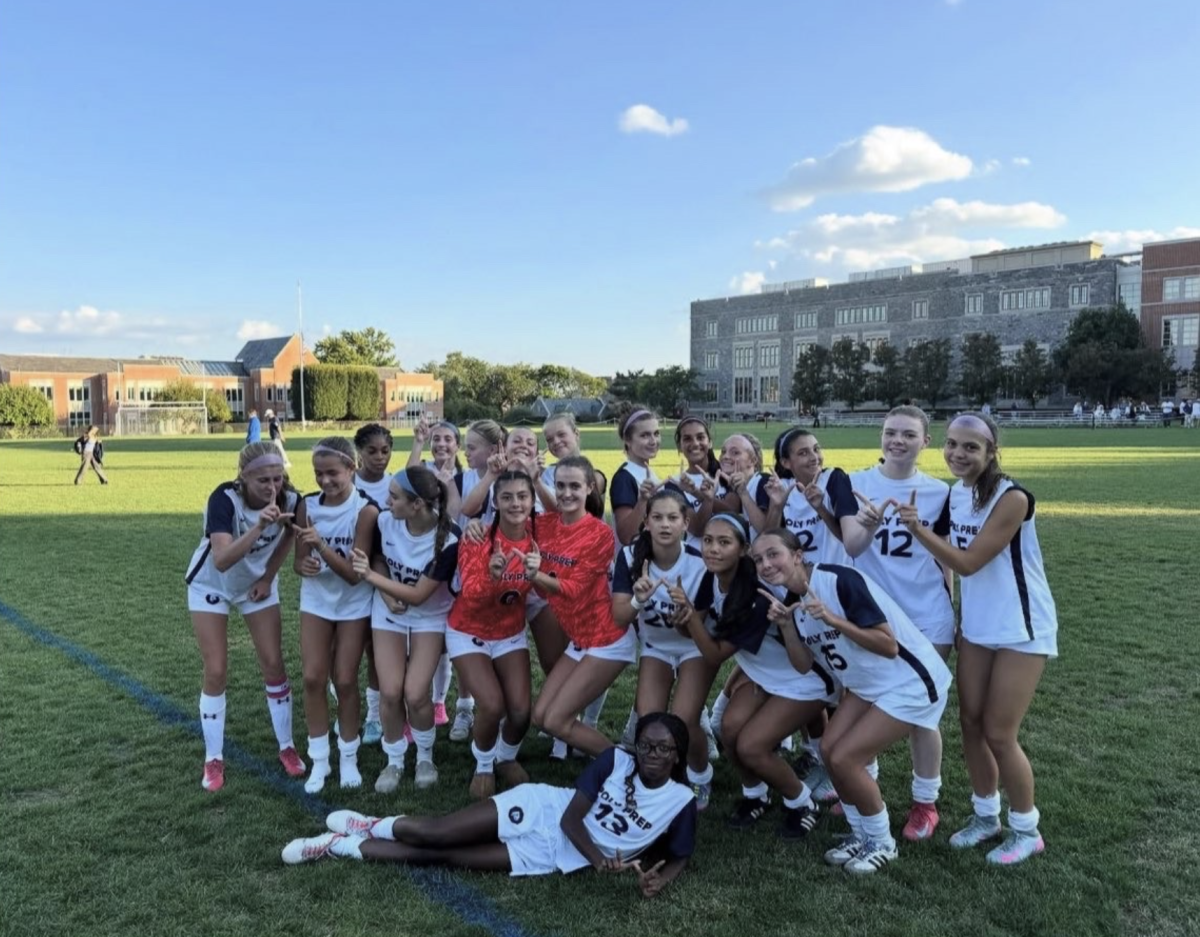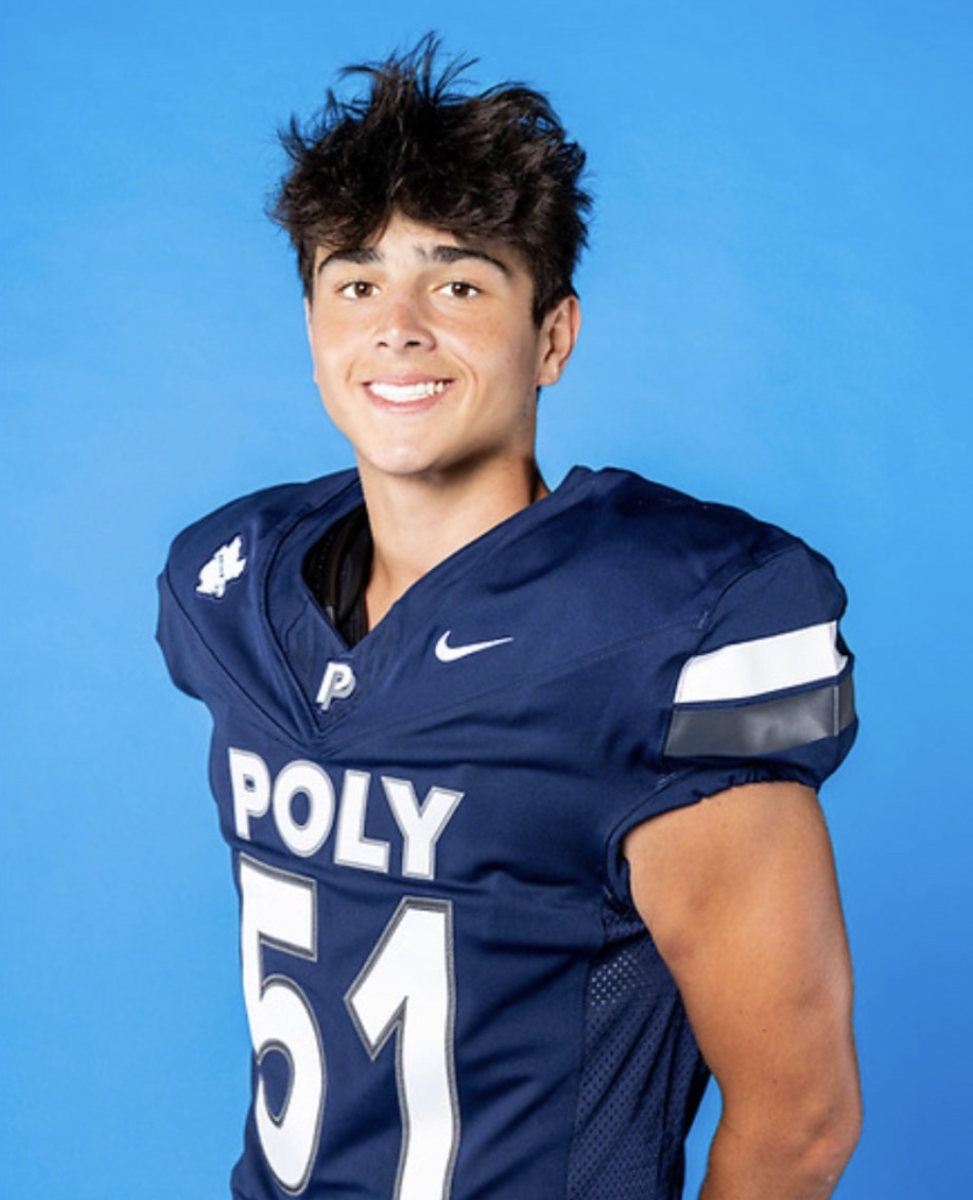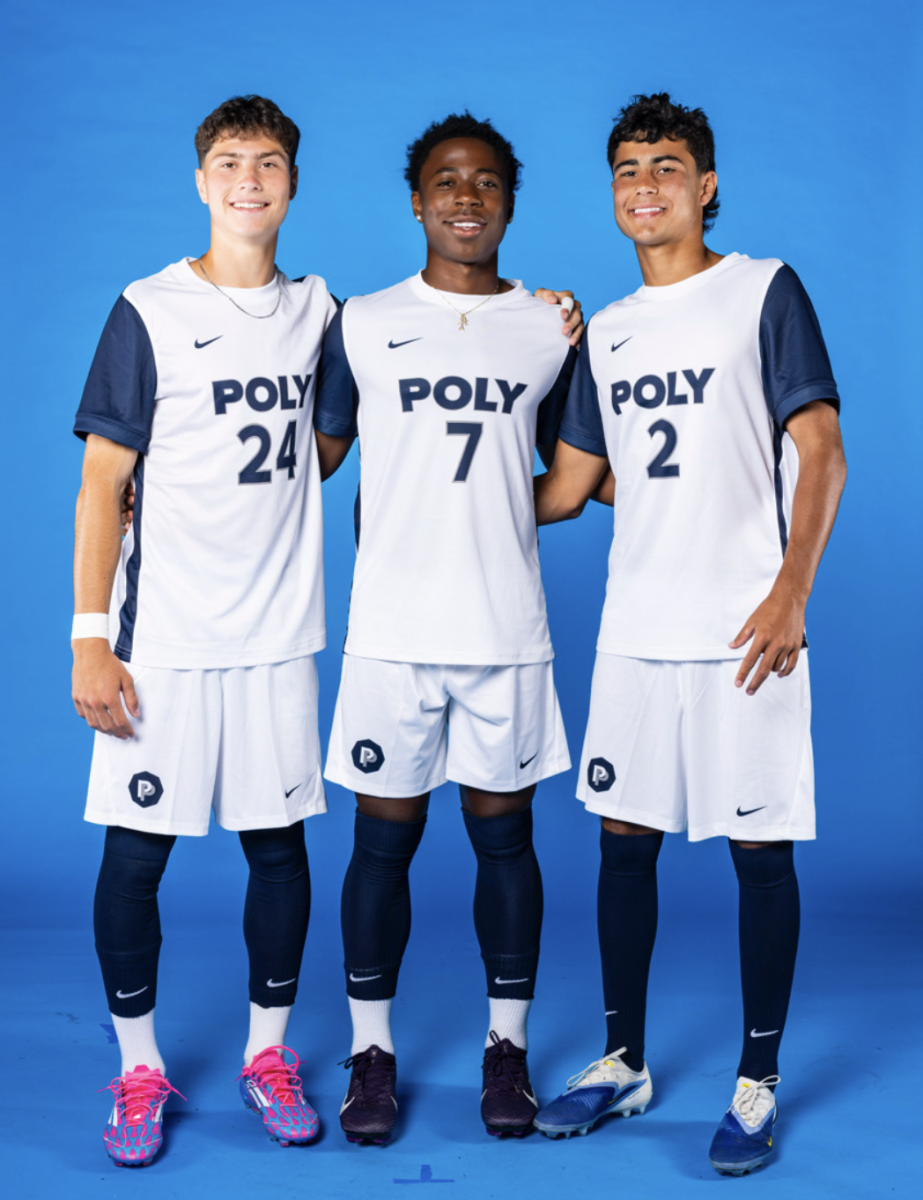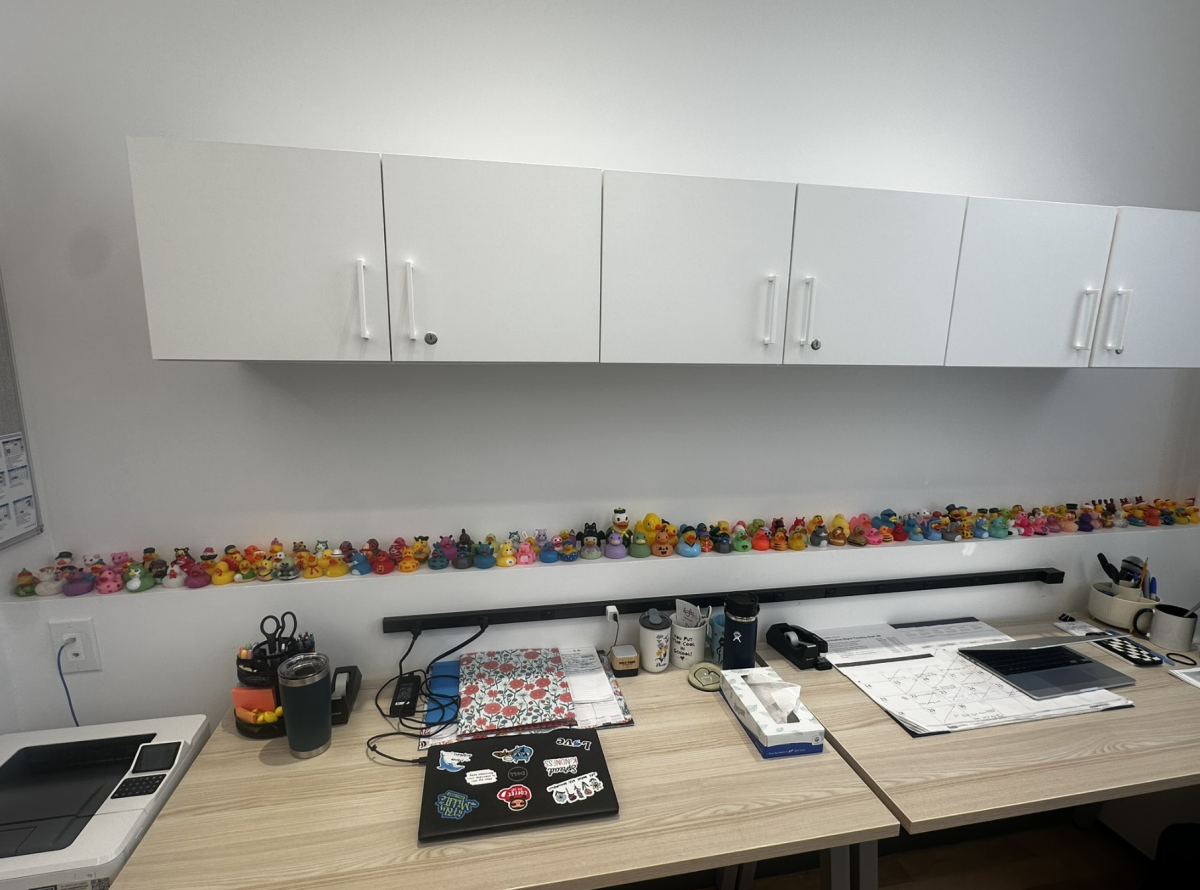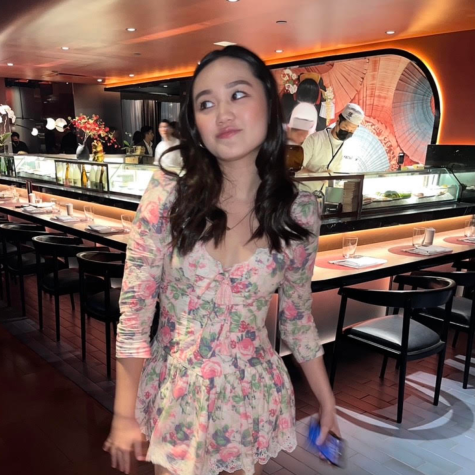Women’s History Month: Appreciating Poly’s Female Leaders
March 9, 2023
Below is an interview with some of Poly’s prominent female leaders, featuring Middle School Dean Amanda Rose, Head of Upper School Sarah Bates, Assistant Head of School, Academics, Michal Hershkovitz, Director of Enrollment Management and Financial Aid LaTasha Richards, Upper School Dean Perri Meeks, Middle School Math Teacher Danielle Rauch, Chief Financial Officer Lynda Casarella, and Director of Alumni Relations Donna Muoio.
What do you love the most about your job?
- Michal Hershkovitz: “I love learning the most. I’m a learner. I think most teachers are. Most of us who are teachers love school, and I certainly love school…And what I love most about my job is the ability to work with teachers at all levels…[and] teachers of various discipline…I love the fact that being [the] Assistant Head of School for Academics means that I get to learn from the Science department and…the Computer and information science department and…from our English teachers, etc… It’s just a very rich portfolio and I’m so grateful to be doing it.”
- LaTasha Richards: “I have four kids that attend Poly. Two of them are in the lower school, one in the middle school and one in the upper school. And so one of the things that I love most about my job is getting to know families. I’m getting to meet students who could be a part of our overall community and could be students with my children as well.”
How has the Poly community shaped who you are today?
- Amanda Rose: “Poly students inspire me to be the fullest version of myself. It is an absolute joy to see artistry, athleticism, and scholarship living in our hallways at all times.”
- Lynda Casarella: “I always like education in educational institutions, so I’m doing what I love doing, which is numbers and money. Managing money and merging it with education is really important to me and that’s probably why I like it so much.”
- Danielle Rauch: “I would say that the poly community has made me a more joyful person. I feel very energized by the students and by my colleagues, the other teachers at Poly. And just being a teacher in general reminds me of the way that you can impact someone else’s day. And so it makes me excited to come to work and be able to work with people that make me happy and. And. Push me to try and make others happy as well.”
- Donna Muoio: “I don’t think it’s changed who I am, but I think it allows me to be who I am. Working in advancement enables me to have conversations with many different people, which is something that I like to do. It has helped me to get better in growing my relationships. I feel lucky that I have many homes and Poly is one of them. You know, people say, ‘I’m going to work.’ It doesn’t feel much like work to me when I come on this campus because it’s very comfortable and welcoming.”
How would you describe your experience and leadership, especially as a woman?
- Sarah Bates: “It’s changed over the course of my career. I started teaching in 2004, right when I graduated from college, and I didn’t really start assuming any leadership positions [until] Poly Prep. In education, there are so many women educators compared to men [but] at Poly, there’s still a lot more male leaders. I’ve been really proud that over the past six, seven years there have been more women in leadership positions at Poly. It hasn’t been easy, though, and I don’t think that’s necessarily Poly specific, but more so trying to work out a lot of implicit biases that come with being a woman in a leadership position [and] trying to balance being a strong decision maker against being a pushover [or] trying to not be the person in a group meeting that always does the work. It’s like, well, [if] I’m sitting with other people, who are all on the same administrative level as I am, why am I the one asked to do that? I’ve actually had to have some more conversations and shine a light to some of those behaviors, which have been hard for me. But also, if I don’t, then it’s just gonna keep happening, right? So I have to stand up for myself and ideally other females in leadership positions thereafter. I think we’re at a point right now in 2023 where we’ve worked out of some of those kinks. At the same point in time…there’s still more work to be done.”
- Rebekah Sollitto: “I love thinking about the complexities of leadership. Jobs that are straightforward with one way of being successful are not as interesting to me as jobs that have complicated problems with different ways of being successful. I used to work at an all girls school in Manhattan and a female head of school had hired me and she was a really interesting person to speak with. She became a head of school and she was very young, only 32 years old. She would say, Rebecca, it’s lonely at the top. And it was so interesting because I knew she felt that very sincerely. But I didn’t really want to believe that. I wanted to feel a pathway towards leadership and collaboration where you know that you can have the best of all worlds, where you can be both successful and you continue to be collaborative and continue to have important relationships. So I do believe her, between my experience at Nightingale and my experience at Poly Prep. It’s a hard time right now to think about leadership as a woman.”
Are there any struggles that you’ve faced in female leadership positions?
- Rebekah Sollitto: “There are struggles that I have faced. I just had a great workshop recently with two colleagues, [in the History department] Maggie Moslander and Andrea Del Valle. They are Poly Prep SEED leaders, and it’s a type of training and workshop that some of us in leadership did together. [A recent] exercise [was] about words that are associated with leadership and words that have stereotypically been associated with male leadership, and words that have stereotypically been associated with female leadership. And I appreciated the exercise because it was a nice open ended conversation around what we all think about when we think about leaders and leadership. It was a reminder for me how often I am aware of being a woman in this role in leadership, how often I think to myself, this is how I want to say this or this is how I want to react. But will this be seen as to “insert characteristic that is stereotypically female”, you know, will this be seen as too passive or will this be seen as too aggressive because it’s not coming from a man? So I think about those things very often, as I imagine so many underrepresented groups in their daily interactions wonder ‘is this reaction that I’m having, having anything to do with my identity, or [can] this reaction ever be divorced of that?’ And we know that it mostly can.”
- Lynda Casarella: “Sometimes you see the injustices. As I say, I used to call it when I said to my husband, to the good old boys club, If you all get together, let’s go have a drink. You know, go out. And you’re like, What? Because I’m a woman. I don’t get to go. And I just would sit back and just watch it. I’ve always been able to have a relationship that if that happens to me with my boss, I would tell him like that. That’s not cool. It’s not appropriate. It’s not cool. And it’s like I said, you just can’t keep your eyes open.”
Have you had a mentor figure during your career?
- Sarah Bates: “What’s interesting is that I have not had an official female mentor. My mentors have always been men, and that is not for lack of trying. But I think it really speaks to the very few women who are [in] leadership positions. But I look up my aunt, who is Head of School out in Oklahoma, and she’s always been someone who I can turn to both for professional and personal advice. There are [also] some really strong women here at Poly who juggle being the consummate professionals, mothers, caretakers, [and] being super strong… It’s pretty incredible.”
- Perri Meeks: “Yes…I have my godmother who was formerly a head of the Social Security Administration under Obama. She was [the] Chief of Staff there, and she’s always been so encouraging of me to go after things that I didn’t think I was qualified for or didn’t think that I was ready to take on and has been such a good person to bounce ideas off of. And in situations where I’ve been like, I don’t know what to do…, she’s been really helpful and a great advisor.”
- Donna Muoio: “My mentor figure was my aunt, who passed away about a year ago. She was also my godmother and an Aries. I always wanted to be like her. She was very, very tough. And I mean tough in a good way, in that you have to be able to handle what life throws at you. One of the things I always say is I’ve spent a lifetime making lemonade, and I truly believe that when life hands you lemons, it means you make lemonade. (Muoio later added in an email to the Polygon that as far as notable women role models, Sandra Day O’Connor and Margaret Thatcher come to mind). I was in high school when these women became ‘firsts’ in roles that were previously dominated by males – so I was mature enough to realize the magnitude and what it meant for the future of women.”
What women have inspired you or influenced you?
- Lynda Casarella: “I like Ruth Bader Ginsburg a lot. She’s one thing other than other military leaders, if you ever look up Admiral Harper, HIPAA. Yeah, she was in the Navy. So because I come from a military background and that’s where I tended to go. But, you know, I just like strong women that stand up to NATO harm. You know, those are important people to me that have really shaped the way we are now and what we’ve learned as a woman and how far you can go. I mean, if you think about it, it’s only 100 years ago that women were unable to vote in the United States. 100 years ago, it wasn’t that long ago.”
- Michal Hershkovitz: “My mother. My mother was a… war refugee during World War Two. She was three years old when the Nazis invaded her native Poland. She and her parents had to flee Poland. There was literally no food to eat…and so they started walking by foot toward the Soviet Union. Midway through their literal track to the Soviet Union from Poland, they were not able to feed their family. So my mother and her two older sisters were given up by their parents to an organization that was rescuing Jewish children during the Holocaust…She didn’t see her parents again until seven years later. In other words, by the time they all reunited after the war, my mother had not known what it meant to be loved by a nuclear family. And so, she raised me and my siblings to put family first. She derived so much joy from seeing us grow. And I will never forget how much joy she derived because she didn’t have the benefit of the education that she was able to give to me… And finally, my role model, my most cherished role model is my daughter. My daughter is a Poly alum, an exceptional student of history and politics and life. And it is her humility and her strength that inspire me. So…I’ve been…really, really lucky to have so many incredible women in my life.”
What advice would you give to female youth?
- Perri Meeks: “Support one another. I think sometimes students can be afraid to talk to people outside of their social groups. I think that having connections from people not just in your classes but other places on campus is really valuable, so support one another [and] talk to each other.”
- Rebekah Sollitto: “Find mentors who you admire. It’s hard to find one person that’s like, ‘this is the person that I want to become, you know?’ But it’s so easy to find people who have qualities that are admirable or that you respect or that you just want to know more about. Those kinds of relationships are meaningful as you grow and develop and have questions about how to navigate different things and can also be such an important support system because we will all stumble and we will all have very difficult times along the way. So find mentors.”
- Danielle Rauch: “My advice would be to be courageous and be confident and don’t be afraid to fail. I think particularly math gets a bad reputation sometimes that only boys are good at math, and it’s not a subject that’s verboten for girls or for women. And I know for a fact that’s not true. Speaking from the perspective of a female math teacher and so a lot of math and becoming a strong master involves taking risks. And taking risks is how you learn what to do and what not to do and ultimately how you get better. So my advice would be to be courageous and not be afraid to take risks and put yourself out there.”
- Amanda Rose: “What you perceive now as a weakness may eventually become your strength. A history of doubting myself has softened into empathy and compassion I try to share with students every day. And perhaps most importantly, the main advice I have is that when you believe in yourself, everything else falls into place.”
- LaTasha Richards: “Always know that your voice is important and make sure that you are helping others around you…bring more females into the mix and be confident in yourself. Trust your gut. Know that it is your spirits that are speaking to you and always put your best foot forward.”
Why is women’s history month important for the Poly community?
- Sarah Bates: “We used to be a boys school, and I think that even though we’re 40 years removed from the integration of women into Poly, we’re still fighting against a lot of those cultural tendencies and norms. As long as we’re fighting to not just be a boys school with girls in it [but] where we’re fully encompassing and celebrating everyone here on campus, it’s important that we highlight moments like this, even though I wish the reflection happened outside of the month of March. We need to find moments to pause and reflect on where we are, how we got here and also what the end goal is to make sure we’re all working towards it.”
- Amanda Rose: “Women’s History Month is important for Poly because it is a reflection of how far we’ve come, a celebration of where we are today, and a reminder that there is always more work to be done in the quest towards making this school a place where all students feel seen, heard, and valued for who they are.”
- Danielle Rauch: “I think Women’s History Month is an important reminder of all of the contributions that women have made to a very male dominated world and society. I think it’s also just a reminder that women have power, women have influence, and that shouldn’t be neglected. And then also just taking time and space to recognize women that were changemakers and the progress that has been made that allows us to be in this space and be successful and at this point in history.”
- Rebekah Sollitto: “The idea of finding mentors and identifying things in others, especially other women for young girls, is critical. And furthermore, also let me show you my most recent addition to my office, which I think is really cool. Right. So we sometimes think about all of the different areas, statues, towns, cities named for men and all of their accomplishments. So this was just a cool piece of artwork that I actually forgot the name of the artist, but has renamed all of the different stops along with going after famous women. Yeah, and it’s just a reminder that this is a story that has not been told. These are stories that have not been told for way too long and how, again, meaningful it is to start to tell them in ways that we have not done often enough. So I think those so yeah, it’s telling the stories that should have been told anyway and should have been told for longer. And also just identifying these remarkable qualities and remarkable women. Some answers.”
- Michal Hershkovitz: “Because our history months are all important for the community, because they remind us that without every member of our community, without recognizing the achievements of so many groups… that have been underrepresented and underappreciated, we are impoverished. In other words, why do we celebrate women? Why do we celebrate Black History Month? Why do we celebrate so many communities…? We celebrate all the diverse communities that make us who we are because they enrich us…So Women’s History Month is intended to celebrate the accomplishments of women who have been often overlooked and underappreciated so that we can learn to embrace the strength, the vision, [and] the glory of the women around us.”
- LaTasha Richards: “I think it’s important for the Poly community because it’s important for us to always have a full understanding of the contributors to our history. So oftentimes women or women of color are forgotten and their contributions are not necessarily always highlighted when we think about our normal traditional history lessons or history classes. And so realizing that so much of where we are today and the things that we were able to utilize today to sort of help our world has been contributed to women. And then knowing that and realizing that just makes it so much more important to have a fuller perspective about our history in this country and the contributions that women have made at our school… It’s important for everyone in our school and the world at large to sort of understand and know all the contributions that women have made.”
- Perri Meeks: “I think Women’s History Month is important for the Poly community because it allows for a time of reflection. I think that any month is like, oh, let us think about this in a critical way. And to have that pause to think about who are women that we look up to, why is that and what does it mean for me to be a woman in this space, can be really strong moments for us.”

